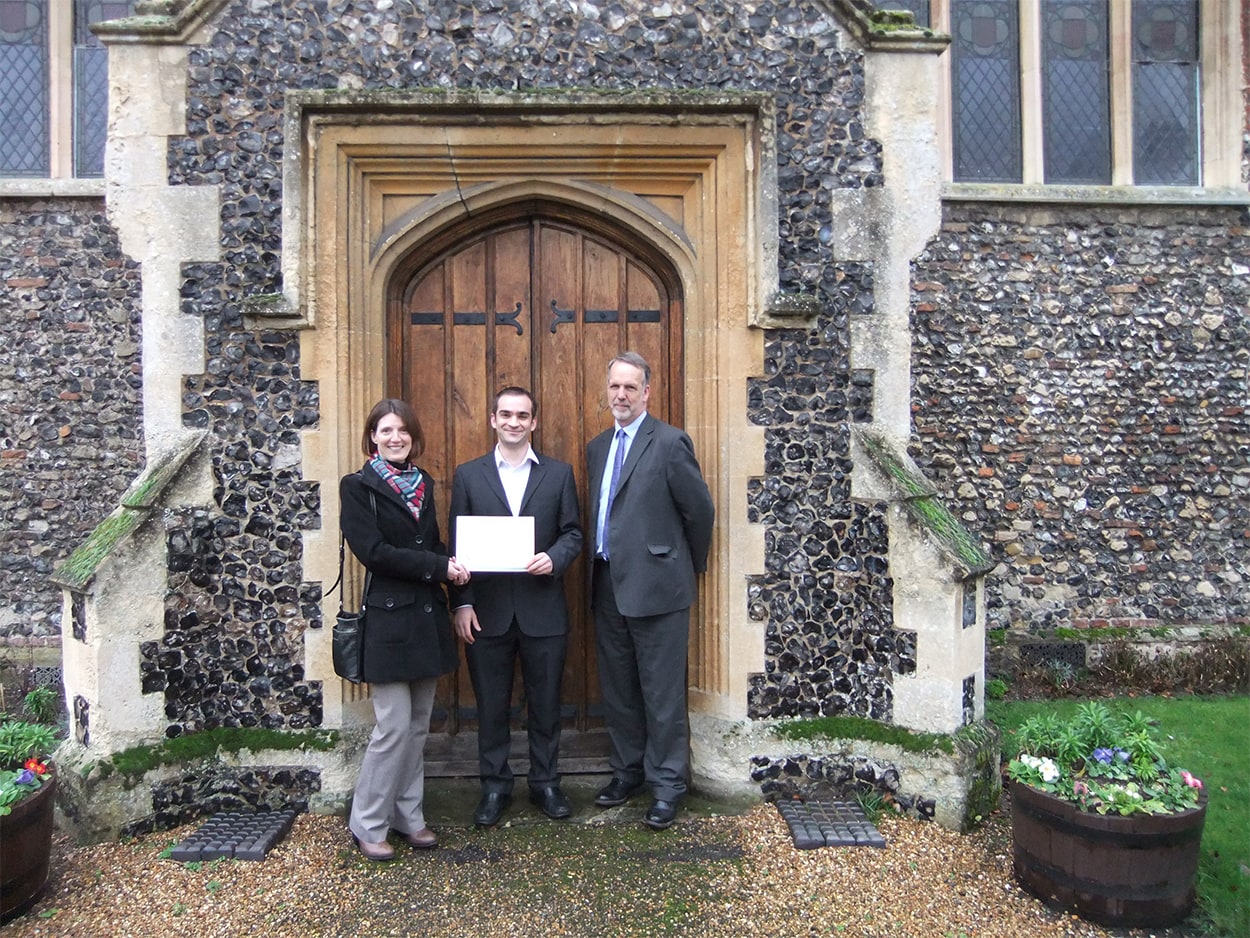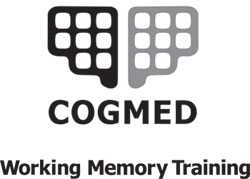Kate Jones from Thetford Grammar School talks about her plans for Cogmed

Earlier this month we announced that Thetford Grammar School were the lucky recipients of a years free license of Cogmed Working Memory Training; Kate Jones, the school's SENCO entered a competition with Pearson Assessment.
Lloyd Smith our brand new Sales Consultant covering the East of the UK went to see the school to find out more about them and their grand plans for working memory improvement.
Thetford Grammar is an independent school that has just over 300 pupils aged 3.5 – 18 years of age. The school recently became a CReSTeD (Council for the Registration of Schools Teaching Dyslexic Pupils) accredited school, acknowledging their commitment to excellence when working with Dyslexic pupils.
Kate Jones, the school's SENCO and keen reader of research in her field, sought to find out more about Cogmed after attending the British Dyslexia Association’s Working memory and Dyslexia conference. During this conference various speakers discussed the key features of working memory and the possibility of improving working memory. One of the interventions discussed was the Cogmed program. This research based insight suggested a way in which real improvements in working memory could have a massive impact on learning for students with dyslexia, across a range of subjects like Mathematics and English.
Working memory involves holding information in mind and being able to use that information in your thinking. Many classroom activities require the use of this aspect of memory, for example following instructions, comprehension and mathematics. Kate had already identified that there are specific children in her school who regularly struggle with some of these tasks and wanted to find an intervention that could help.
Kate’s key aims for improvement within the classroom for students are attention, staying power (ability to complete a task) and concentration span. The overall philosophy being that the students have freedom from distractions, enhancing their ability to learn. We hope that Cogmed helps Kate with her aims and we will be sure to check back on her progress.
Lloyd Smith met Kate Jones at her school and had a chat about their plans now they have access to Cogmed Working Memory Training. Here is what she said:
What is your current method for dealing with working memory constraints in the classroom?
We offer in-class support through suitably differentiated tasks/methods of recording and also additional teaching assistant or class teacher input. Independent support sessions focus on the use of memory strategies which students can use within the classroom or to help them with homework and revision tasks. Children are asked to remember less by using different forms of memory, for example they are given a visual photocopy to prevent them holding a task in mind. We use many methods like this to support our students however these do tend to be quite labour and time intensive. Initially we will be diverting resources to Cogmed to set-up the scheme and establish working methods. The long term hope is that Cogmed will allow individuals with working memory constraints to be more independent, allowing for less support and ultimately help to free up resources to be used elsewhere.
Do you envisage any barriers to implementing Cogmed?
Anything new, anything involving changing neural pathways in the brain, you’re going to be met with scepticism and resistance. This is always the case until it has proven itself. The research backing up Cogmed is important and provides an objective view of the benefits it can bring in task specific terms. You have to be careful how to present information though, as psychological research can be difficult to explain to those not trained in psychometric methods.
Before now, when we have communicated to pupils and parents about the benefits of Cogmed, we have been reliant on research rather than personal evidence. Hopefully as the program is introduced into the school, we will have clear and simple evidence that will demonstrate to parents how their child is able to transfer strategies learnt through structured working memory tasks in order to apply them independently in classroom activities and thus improve learning.
We look forward to catching up with Kate to see if these ambitions are realised, watch this space…
